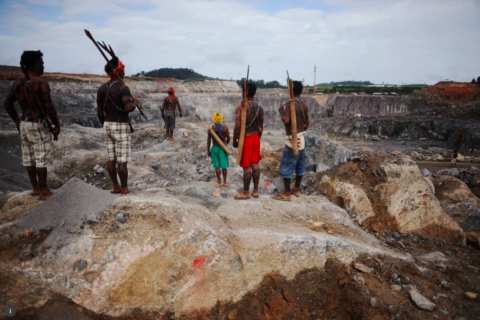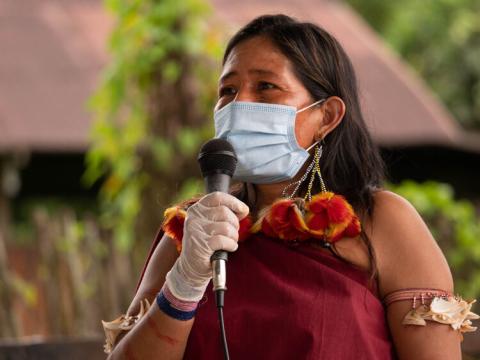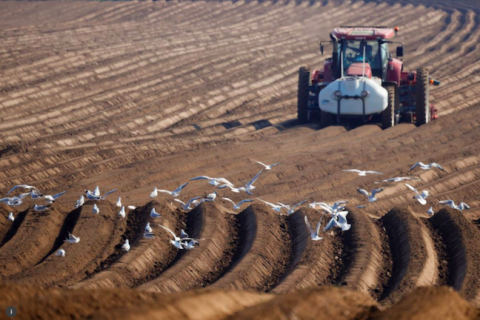Discover hidden stories and unheard voices on land governance issues from around the world. This is where the Land Portal community shares activities, experiences, challenges and successes.
 Follow our
Follow our
Sustainable Development Goals
Blog Series!
Interested in land corruption?
Follow our Land & Corruption Blog Series
for in-depth perspectives from the experts.
Issues
Geographical focus
By Sônia Guajajara (Guajajara), Executive Coordinator for the Articulation of Indigenous Peoples of Brazil (APIB); Vicky Tauli-Corpuz (Kanakaney-Igorot), former UN Special Rapporteur on the Rights of Indigenous Peoples; Gregorio Mirabal (Wakuenai Kurripaco), General Coordinator of Indigenous Organizations of the Amazon Basin (COICA); and Peter Seligmann, co-founder and CEO of Nia Tero.
Today, on Earth Day I want to celebrate the efforts made by Indigenous peoples around the world to continue protecting our planet. Of the many significant experiences at the local level, I want to highlight an initiative developed in the Peruvian Amazon with the MDE Saweto Peru project.
COVID-19 may have forced the 50th anniversary of Earth Day to be commemorated online last year, yet millions of people participated in calls to action. As we begin to look beyond the pandemic, however, it's vital to remember that we cannot go back to business-as-usual as far as our planet is concerned.
* Any views expressed in this opinion piece are those of the author and not of Thomson Reuters Foundation.
Land insecurity and inequality are endemic and keep families trapped in poverty for generations
Malcolm Childress is co-director of Prindex and executive director of Global Land Alliance
Advancing women’s land rights is a priority for the international development agenda. Yet, there is no consensus on which rights should be monitored and reported. Three indicators of women’s property rights are widely used in the literature. Each captures a different aspect of women’s land rights, but a recent paper explores the extent to which these different rights are held by the same person, using data from six African countries.
By Nilesh Kunwar
Originally posted by Eurasia Review at: https://www.eurasiareview.com/03052021-pakistans-biggest-land-grabber-oped/
Photo: Pakistan's General Qamar Javed Bajwa
Oil companies are paying billions towards development in the Niger Delta, but it’s having little impact on the ground, say Tijah Bolton-Akpan and Miles Litvinoff.
By David Matsinhe for the Daily Maverick.
Originally posted at: https://www.dailymaverick.co.za/article/2021-04-25-recipe-for-conflict-n...








